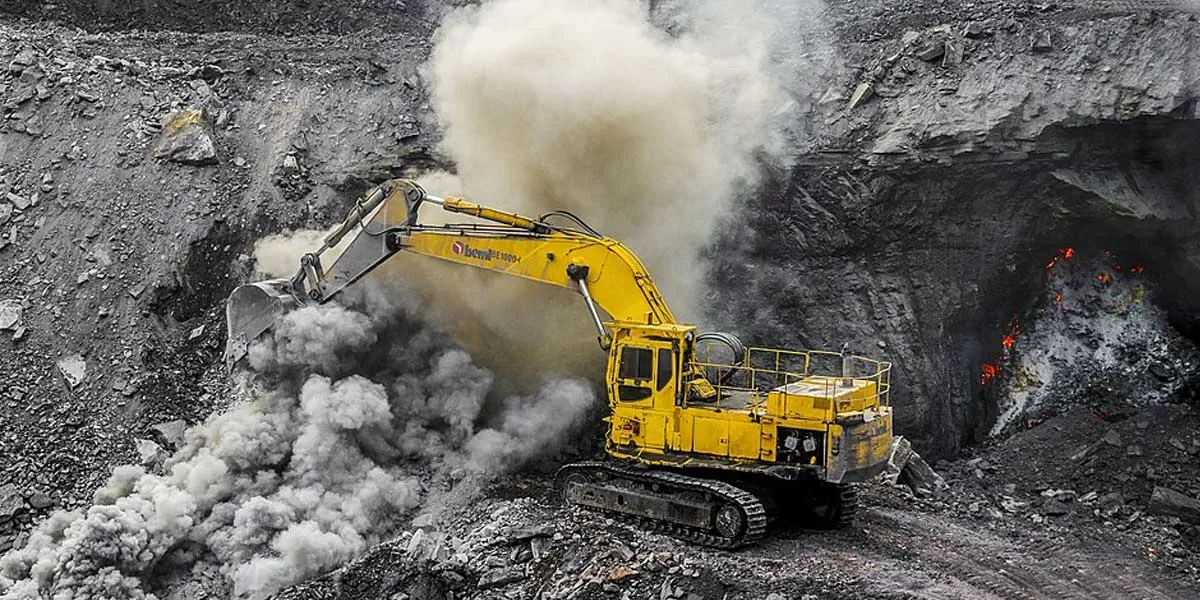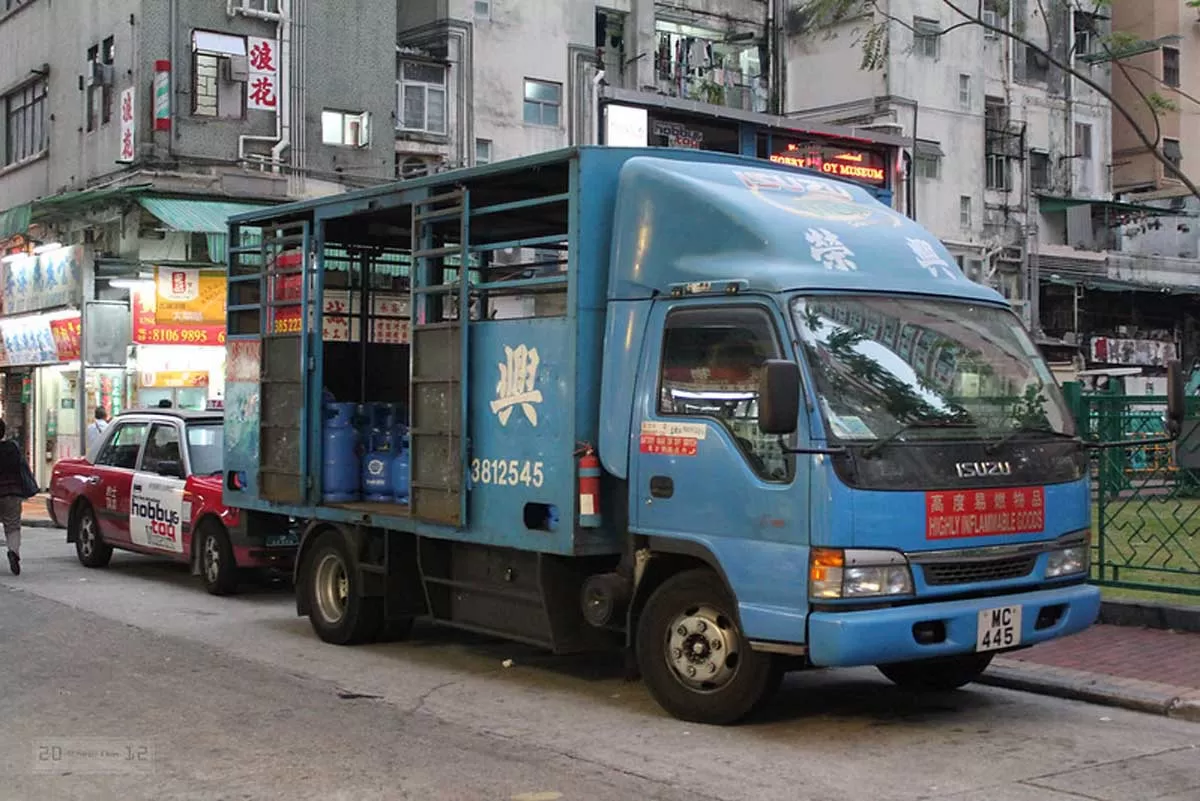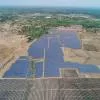
Road Ministry to oppose a rise in project lending rates

104 Hectares of Forest Land Cleared for Coastal Link Road
The Brihanmumbai Municipal Corporation (BMC) has announced that 104 hectares of forest land will be utilised for the construction of the Versova-Bhayandar link road, a key component of the second phase of the Mumbai Coastal Road Project. According to a public notice issued by the civic body, 103.6554 hectares of forest land are required for the development of the road, relocation of power lines, and other associated infrastructure. The project has already received Coastal Regulation Zone (CRZ) clearance from the Ministry of Environment, Forest and Climate Change. The government has also conf..

Meghalaya Restarts Coal Mining After Decades-Long Ban
On March 17, 2025, after several decades of inactivity, the Meghalaya government has reopened mining operations in the East Jaintia Hills and the West Khasi Hills. The opening was virtually inaugurated by Meghalaya Chief Minister Conrad K. Sangma. At present, only three miners in Meghalaya are working on the process of scientifically mining coal. Eleven more are expected to join them over the upcoming months once they have received approval from the Coal Ministry, according to Sangma. The decision to conduct mining is a contentious one, as it was previously banned by the National Green Tribu..

IGX Completes First Long Duration Gas Contract
After delivering gas to the Hazira ONGC delivery point for three months (from May to July 2025), the Indian Gas Exchange (IGX) has successfully completed its first long duration contract (LDC). These contracts were launched at the start of 2025 after they received approval from the Petroleum and Natural Gas Regulatory Board (PNGRB). LDCs are designed for a 3–6-month duration and are aimed at providing buyers a price for natural gas determined by the Platts West India Marker (WIM). Platts WIM is the daily benchmark price assessment for LNG cargoes delivered internationally and is being used..














